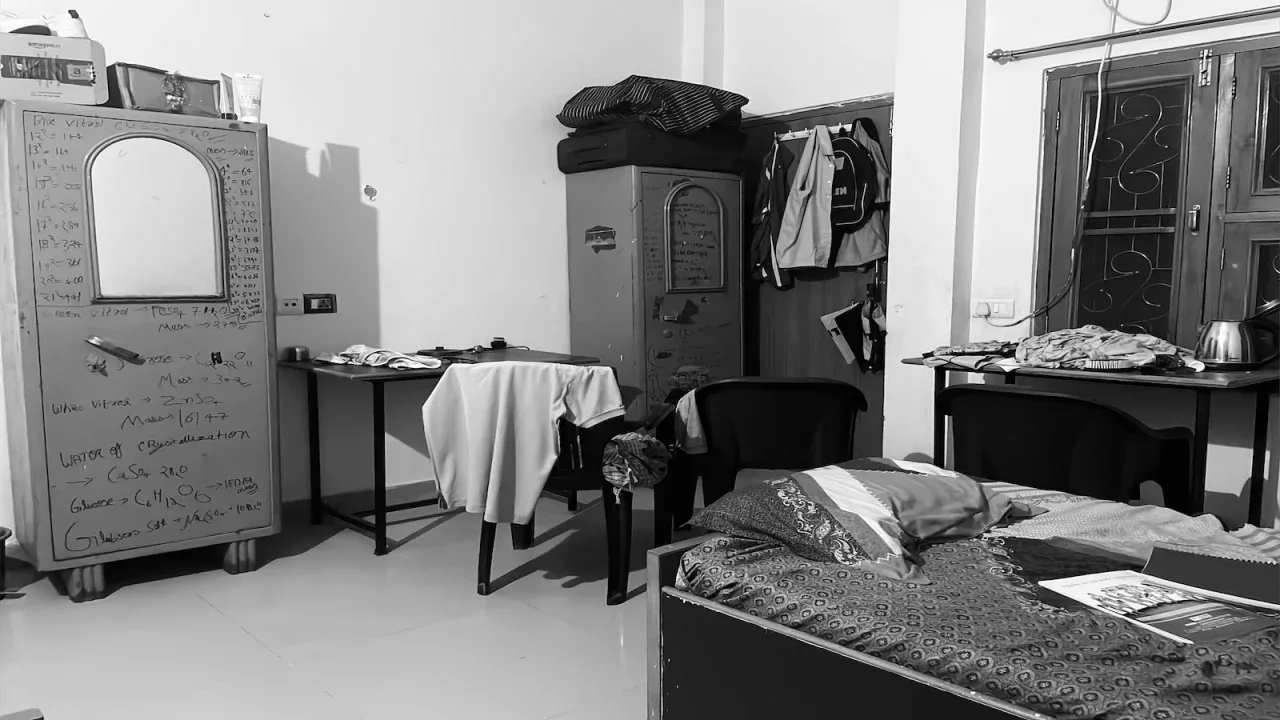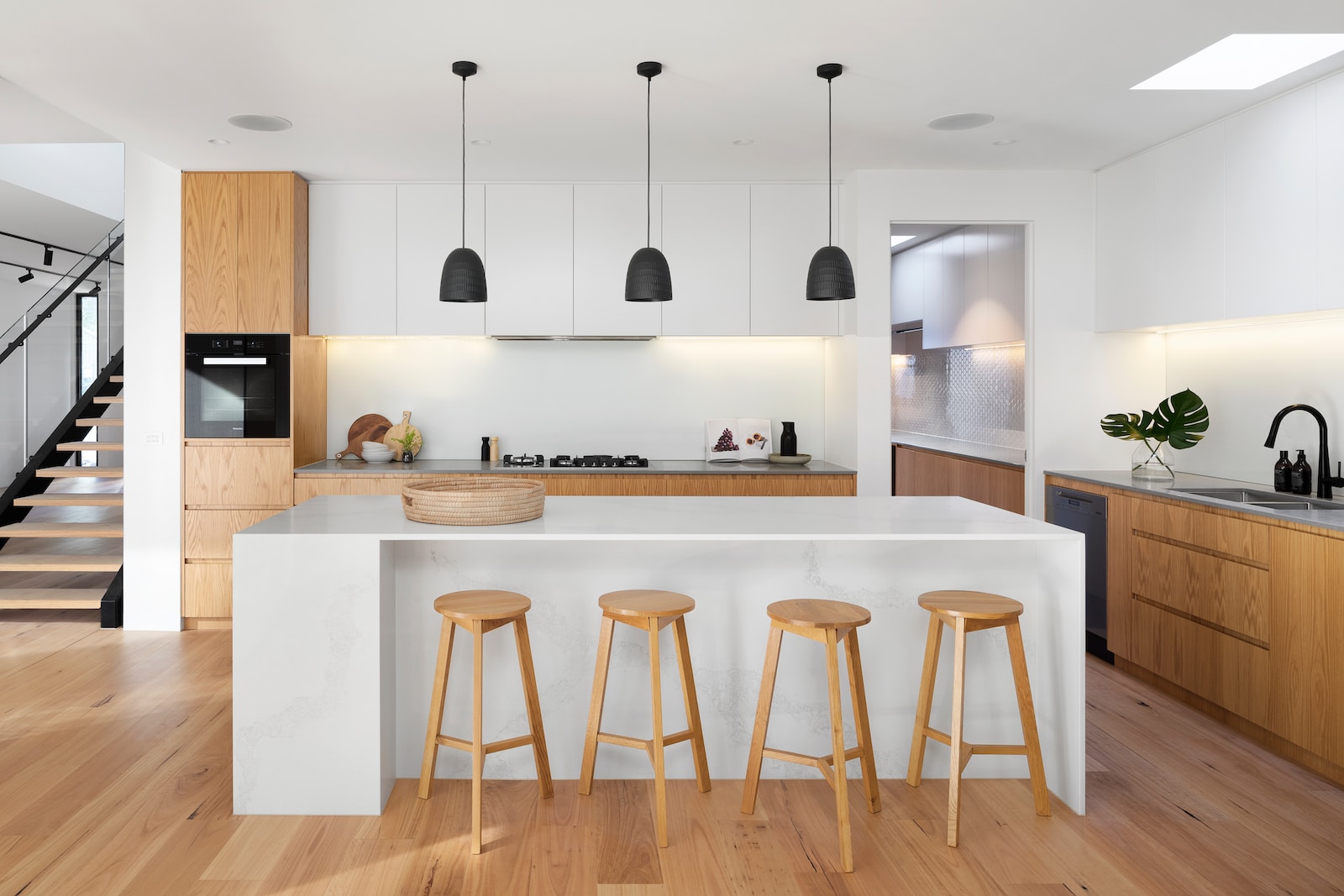The decision to live in a house or apartment is a significant one, influencing your lifestyle and overall well-being. Understanding your needs and preferences is crucial when making this choice, as it involves a substantial investment. To guide you through this decision-making process, consider asking yourself questions like “Do I enjoy having visitors?” or “How often is my home unoccupied due to travel?” These insights can help you determine whether a house or an apartment aligns better with your lifestyle.
Pros and Cons of Living in a House
Advantages of Living in a House
- Ample Space:
- Houses offer more spacious rooms, making them ideal for larger families or individuals who appreciate roomy interiors. You can design functional spaces, such as home offices or play areas, tailored to your needs.
- Outdoor Bliss:
- Enjoy the luxury of having a backyard or outdoor area. Even a modest outdoor space provides a private, sunlit retreat for activities like barbecues, gardening, or creating a play area for children.
- Noise Freedom:
- Houses provide the freedom to engage in noisy activities without disturbing neighbors. Play music, practice musical instruments, or pursue DIY projects without worrying about noise complaints.
- Flexibility in Renovations:
- Homeowners have the liberty to renovate and modify their homes without seeking permission. Unlike apartments, where renovations are often restricted, houses offer creative freedom.
- Unrestricted Social Life:
- Host gatherings, parties, and events without concerns about time restrictions or approvals from a homeowners’ association. Enjoy an unencumbered social life in the comfort of your home.
- No Condominium Fees:
- Unlike apartment living, houses typically do not incur monthly condominium fees. Homeowners only need to consider property taxes (IPTU), reducing recurring expenses.
- Exclusive Garage:
- Houses often come with exclusive garages, providing secure parking for your vehicle. The garage space can also serve additional purposes beyond car storage.
- Pet-Friendly Environment:
- Homes offer more freedom for pets to roam and play without stringent rules. Enjoy walks with your pets without the restrictions imposed by some condominiums.
- Versatile Living and Working:
- Homes provide flexibility for remote work and entrepreneurial ventures. Create a home office or establish a small business without concerns about disturbing neighbors.
Disadvantages of Living in a House
- Security Challenges:
- Houses may be more vulnerable to break-ins or theft, particularly if left unattended for extended periods. Investing in security measures, such as cameras and alarms, becomes essential.
- Maintenance Responsibilities:
- Homeowners bear the responsibility of periodic external maintenance, including yard care, roof upkeep, and facade repairs. These tasks contribute to annual expenses.
Pros and Cons of Living in an Apartment
Advantages of Living in an Apartment
- Enhanced Security:
- Gated condominiums provide increased security with controlled entrances and monitored surroundings, offering residents peace of mind.
- Social Opportunities:
- Apartment living fosters easy socialization, as residents share common spaces like gyms and playgrounds. The close-knit community encourages interaction and potential friendships.
- Practical Living:
- Apartments often have smaller footprints, translating to less cleaning and maintenance. This practicality appeals to individuals with busy schedules.
- Freedom from External Maintenance:
- Apartment dwellers are relieved of external maintenance responsibilities, such as roof repairs and yard upkeep. This is advantageous for those with limited time for such tasks.
Disadvantages of Living in an Apartment
- Noise Limitations:
- Apartments come with noise constraints, requiring residents to be mindful of activities that could disturb neighbors. Parties and gatherings may be subject to time restrictions.
- Pet Restrictions:
- Some apartment complexes impose restrictions or rules regarding pets. This can limit the ability to have or keep pets, creating challenges for pet owners.
- Condominium Fees:
- Monthly condominium fees are a standard expense for apartment residents. The fees cover shared amenities and services, and the cost varies depending on the infrastructure of the condominium.
- Adherence to Rules:
- Apartment living involves adherence to a set of rules and regulations established by the homeowners’ association. These rules aim to ensure the comfort and harmony of all residents.
Factors to Consider When Choosing Between a House and Apartment
Credit Facility:
- Apartments: Securing credit for apartment purchases is often more accessible, making it an attractive option for those with limited upfront funds.
- Houses: Purchasing a house may require more substantial financial resources, and credit facilities may not be as readily available.
Property Documentation:
- Verify the property documentation, especially for older properties, to ensure legal compliance and ownership legitimacy.
Property Appreciation:
- Consider the potential for property appreciation. Apartments, typically located in accessible areas, may appreciate quickly compared to houses.
In summary, the decision to live in a house or apartment depends on individual preferences and lifestyle. Houses offer space, freedom, and flexibility, while apartments provide security, social opportunities, and practical living. Evaluate the advantages and disadvantages based on your priorities to make an informed decision.



